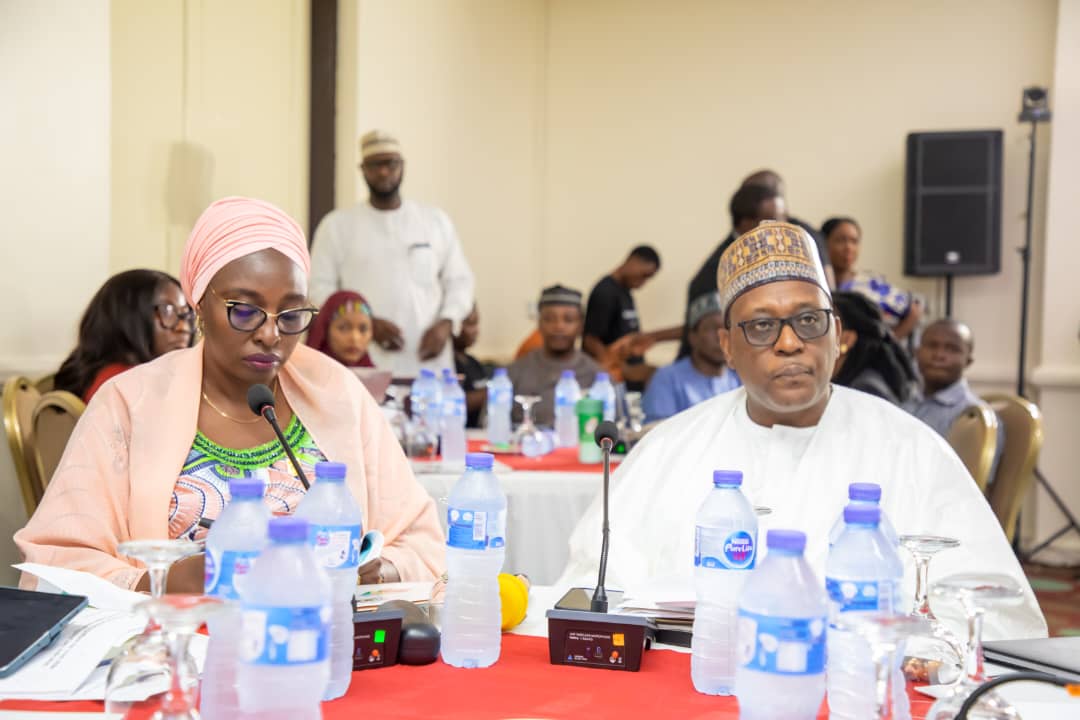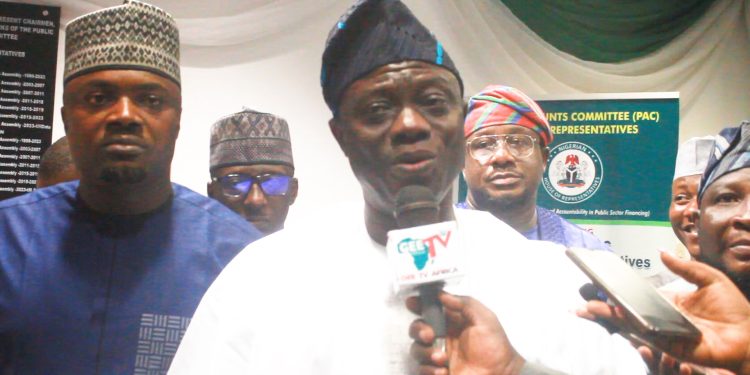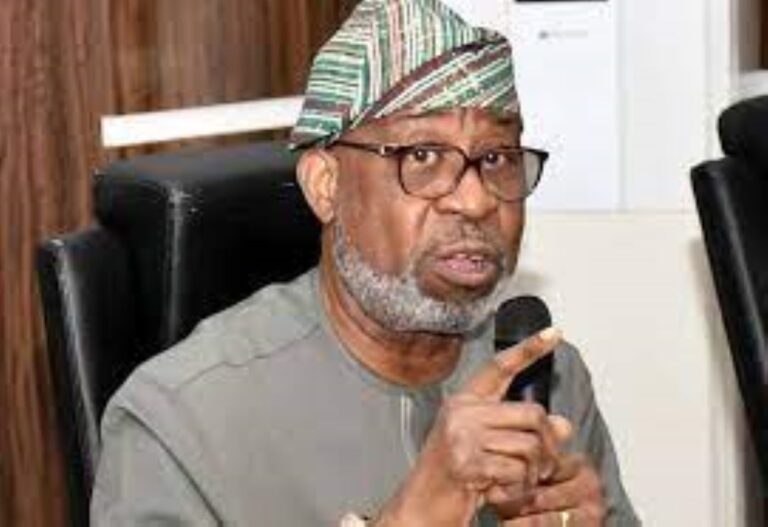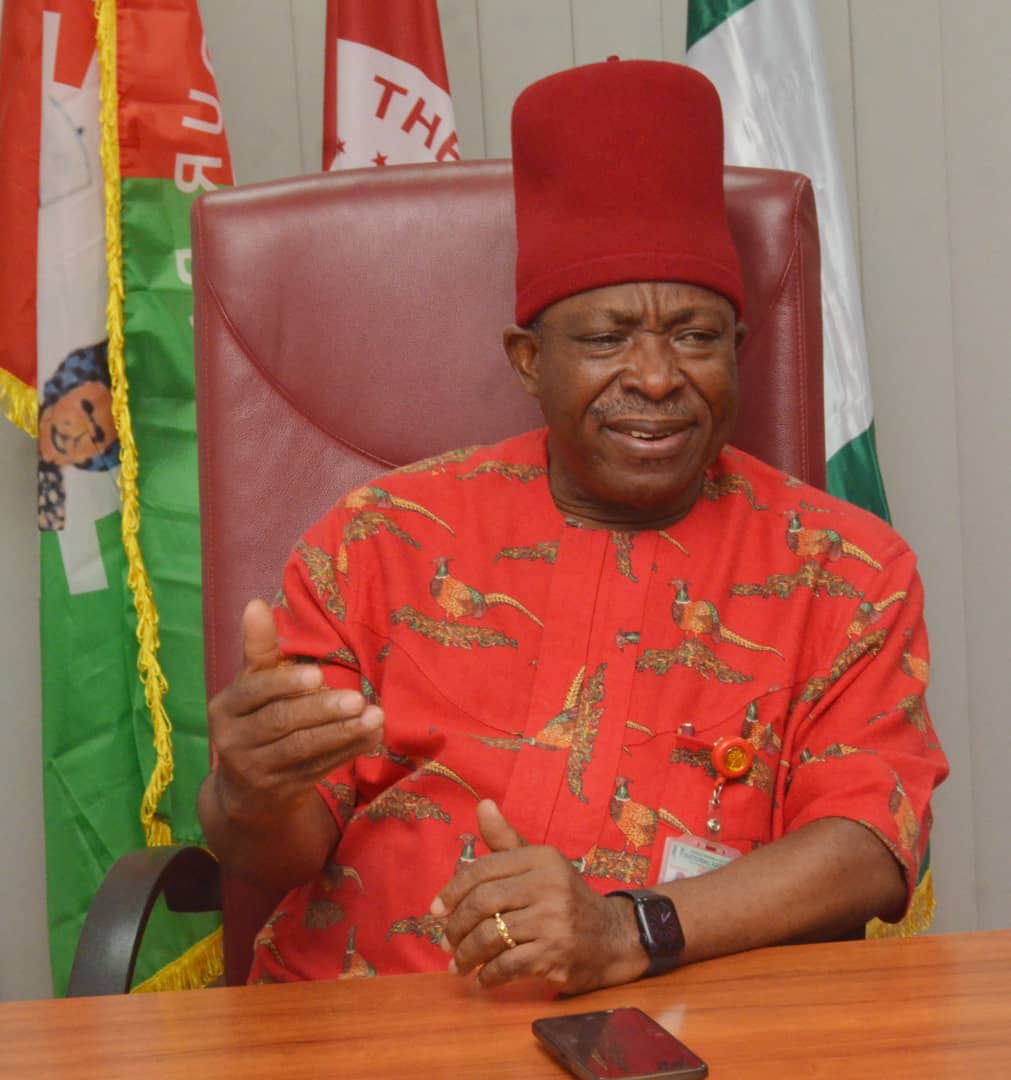
By Fatima Saka
The inaugural National Health Sector Performance Dialogue has brought to light a deficiency in data within the healthcare system’s approach. The Minister of Health and Social Welfare, Professor Muhammad Ali Pate, has restated the federal government’s commitment to collaborating with state and local authorities to enhance the sector.
Professor Pate underscored that sustained efforts in this regard would lead to advancements in maternal and child health, particularly in immunization to reduce zero dose occurrences.
This declaration was made by the Coordinating Minister of Health during the assessment of performance scorecards across the six geopolitical zones at the initial National Health Sector Performance Dialogue held on Monday in Abuja.
Professor Pate reiterated that these initiatives have not only involved the federal government but have also actively engaged states as integral components of the National Health System. By law, local governments are also essential parts of the National Health System.
“In today’s session, scorecards were presented by each of the six geopolitical zones and for all 36 states, revealing areas of improvement. Despite data quality shortcomings, the utilization of metrics to evaluate our performance marks a significant starting point. We firmly believe that by maintaining this approach, we will witness enhancements in maternal and child health, particularly in immunization to reduce zero dose occurrences.”
“We engaged with commissioners on the implications of the supreme court ruling on local government autonomy, emphasizing an evolutionary process. Prior to 2011, Nigeria’s healthcare system was fragmented.
“The policy on primary health care under one roof, as approved by the Council on Health, catalyzed the establishment of state primary healthcare agencies and state health insurance agencies. The National Health Act of 2014 introduced the basic healthcare provision fund, which will transition into a sector-wide program in 2023 through a compact signed with the states.”
“All these measures underscore that the involvement in the National Health System extends beyond the federal government to encompass states as crucial entities, with local governments also playing a mandated role. We operate within a framework of cooperative federalism, where collective efforts are paramount, supported by development partners who have mobilized grant resources to incentivize state contributions.
“This framework necessitates local governments to elevate their performance standards, fostering accountability among states and localities, enabling Nigerians to discern which entities are fulfilling their obligations.”
“Our unwavering commitment is to ensure the continual improvement of the health of mothers, children, and the most vulnerable in society. Whether addressing malaria treatment, maternal health, or immunization, these priorities align with the President’s agenda for renewed hope.”
Commissioners across the zones highlighted data generation and processing as pivotal challenges at healthcare facilities that demand attention to foster a data-driven health sector.
Dr. Tomi Coker, the Health Commissioner for Ogun State representing the South West regions, noted that the adequacy of data managers employed in state health facilities for data collection is a prevalent concern.
She emphasized the need for innovation and workforce revitalization to address this issue effectively.





